Aerospace Engineer
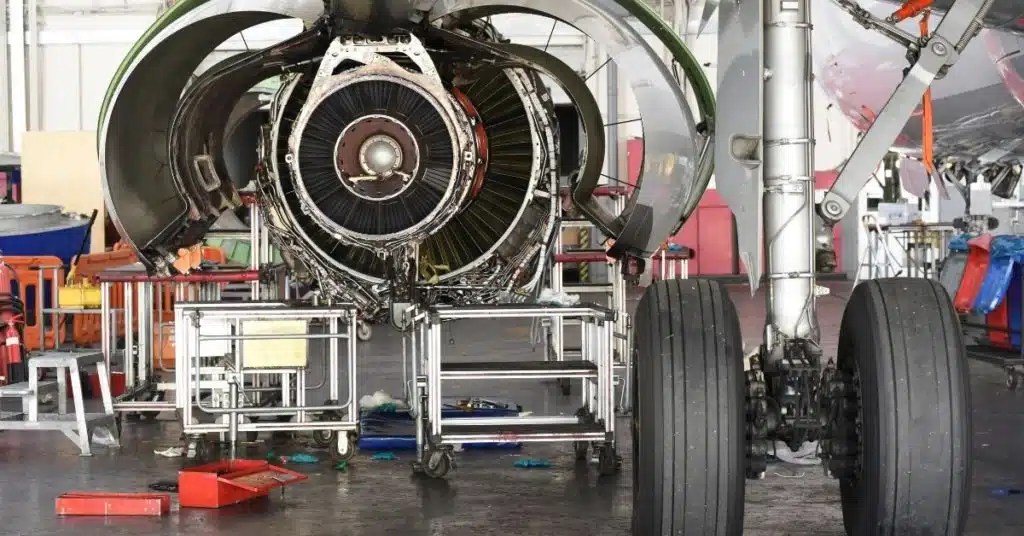
Are you interested in the fascinating world of aerospace engineering and the field of science that deals with the design, construction, and study of aircraft, spacecraft, and other related technologies? If so, then a career as an Aerospace Engineer may be just what you’re looking for!
As an Aerospace Engineer, you will have the opportunity to work on a variety of projects, from conceptual design to flight testing and mission operations. You will be responsible for the conception, development, operation, and maintenance of aircraft and spacecraft. With a career as an Aerospace Engineer, you will have the opportunity to help shape the future of aerospace technology through innovative solutions. Whether you are designing new components or overhauling existing ones, the sky is the limit! If you want to join this rapidly expanding field, then read on to learn more about what it takes to become an Aerospace Engineer.
Overview of an Aerospace Engineer’s Role
As an Aerospace Engineer, it is your responsibility to ensure aviation safety and efficiency through the development of new technology. Aerospace Engineers design, build and test aviation-related components such as aircraft, satellites, missiles, and spacecraft.
They strive to create aircraft that can withstand harsh environments while possessing the agility and maneuverability needed to guarantee safe aviation travel. Furthermore, Aerospace Engineers must have a strong understanding of basic engineering principles such as thermodynamics and aerodynamics in order to stay up-to-date with the latest aviation developments.
Given the complexity of aviation systems today, Aerospace Engineers must utilize their skills in problem-solving and critical thinking in order to create innovative technical solutions that expand aviation capabilities.
.webp)
Education Requirements for Becoming an Aerospace Engineer
Aspiring Aerospace Engineers are required to meet certain education requirements in order to qualify for the job. The following list explains the basic educational background and qualifications needed for an Aerospace Engineer:
Bachelor’s degree in aerospace engineering or a related field
Master’s degree in aerospace engineering, physics, or mathematics
Extensive knowledge of advanced mathematics, such as calculus and linear algebra
Thorough understanding of aerodynamics, thermodynamics, and propulsion
Proficiency in computer-aided design (CAD) software
Aerospace Engineers play a critical role in ensuring the safety of aircraft and other aviation-related components. To become an Aerospace Engineer, it is essential to meet the required education standards, as well as have strong problem-solving and analytical skills.
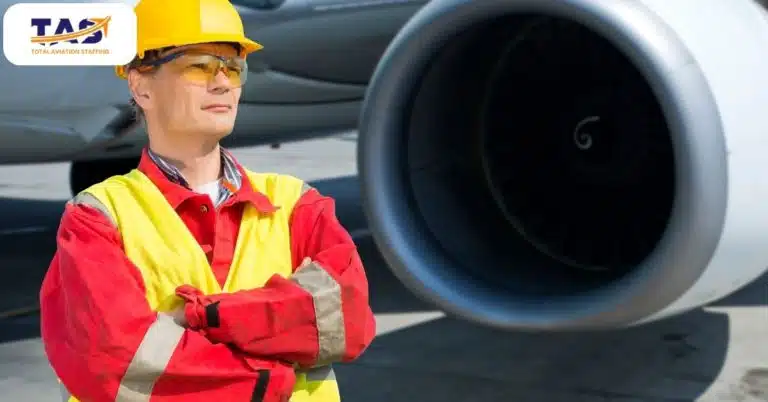
Skills and Traits Necessary to Become a Successful Aerospace Engineer
Aerospace Engineering is a rapidly growing field. To be successful in this role, it is important to possess certain skills and traits that will help you make the most of your talents. Here are five key Skills and Traits Necessary to Become a Successful Aerospace Engineer:
Creative Problem Solving: Being able to think “outside the box” and come up with creative solutions to complex issues is essential.
Attention to Detail: Aerospace Engineers must pay close attention to detail in order to ensure that all designs are accurate and complete.
Ability to Work Under Pressure: Aerospace Engineering requires quick decision-making under pressure and tight deadlines.
Strong Technical Skills: Aerospace Engineers must understand the principles of engineering and be knowledgeable in the latest technological advancements.
Communication Skills: Being able to effectively communicate with colleagues, clients, and other stakeholders are essential to ensure successful project outcomes.
Aerospace Engineering is an exciting field that requires a high level of technical expertise and strong problem-solving skills. If you possess the necessary traits and qualifications, you can become an Aerospace Engineer and help shape the future of aviation.
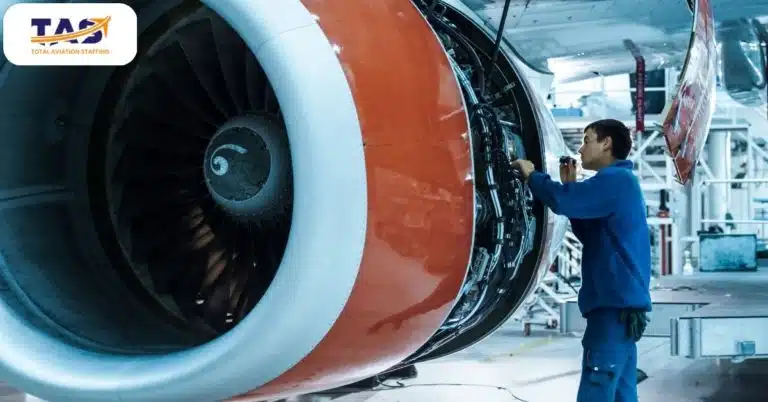
Challenges Faced by Aerospace Engineers in the Workplace
Aerospace Engineers face numerous challenges in the workplace. From tight deadlines to extreme pressure, Aerospace Engineers must be able to adapt to changing conditions and manage stress effectively. Additionally, they must stay up-to-date with the latest technological developments and design solutions that adhere to stringent regulations. These are just some of the common challenges faced by Aerospace Engineers:
Keeping up with the rapid pace of technological advancements
Designing sophisticated systems that adhere to safety regulations
Handling multiple projects under tight deadlines
Working with other professionals such as avionics technicians and pilots
Developing new aircraft designs or improving existing ones.
Aerospace Engineering is a competitive and demanding field that requires a high level of knowledge and skill. Despite the challenges faced, Aerospace Engineers are essential in developing new aviation capabilities and shaping the future of air travel. With the right skills, qualifications, and traits, you can become an Aerospace Engineer and make your mark in this exciting industry.
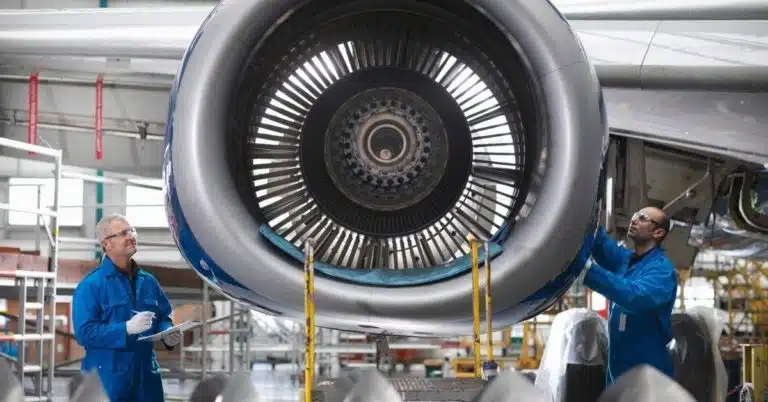
The Benefits of Being an Aerospace Engineer
Aerospace Engineering is a dynamic and rewarding field. Not only do Aerospace Engineers get to contribute to the development of new technologies, but they also have access to highly competitive salaries and attractive benefits packages. Here are some of the main benefits of being an Aerospace Engineer:
Working in a rapidly growing industry with excellent job prospects
Opportunity to design innovative systems and products
Ability to work with cutting-edge technologies
Access to high salaries and attractive benefits packages
Possibility of traveling around the world for work.
Aerospace Engineering is an attractive and rewarding field that offers many advantages. With the right qualifications, skills, and traits, you can unlock the potential of this growing industry and make a positive impact in the world of aviation.
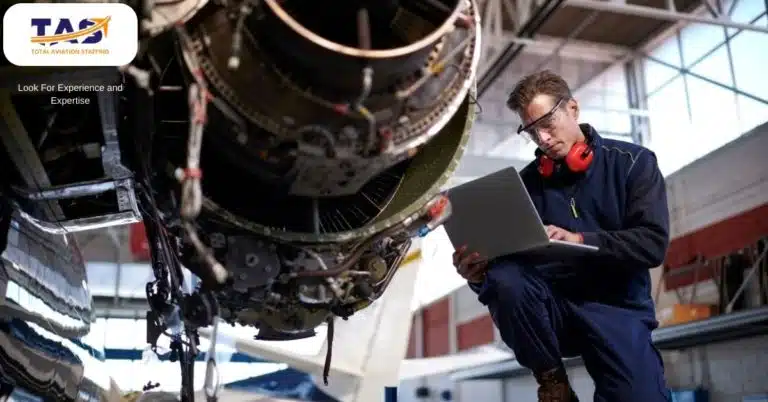
Career Outlook and Salary Expectations for Aerospace Engineers
Aerospace Engineering is a growing field with excellent job prospects. According to the Bureau of Labor Statistics, Aerospace Engineers are expected to experience faster-than-average growth in employment over the next decade. Additionally, Aerospace Engineers typically receive higher salaries than other engineers due to their specialized technical knowledge and ability to design complex systems. The median salary for Aerospace Engineers is around $114,000 per year.
Aerospace Engineering is an exciting and promising field with excellent job prospects and attractive salaries. With the right qualifications and skills, you can become an Aerospace Engineer and help shape the future of aviation.
A career in aerospace engineering offers individuals many benefits including the ability to work with cutting-edge technologies, access to high salaries, and the opportunity to shape the future of aviation. With the right qualifications and skills, you too can unlock the potential of this growing industry and make a positive impact in the world of aerospace engineering.

Tips on How to Succeed as an Aerospace Engineer
A career as an Aerospace Engineer isn’t easy, but it is rewarding. Here are some tips on how to succeed in this field:
Develop a strong knowledge of aircraft design and engineering principles
Stay up-to-date with the latest developments in aerospace technologies
Build strong relationships with colleagues, clients, and stakeholders
Be prepared to take on challenges and solve complex problems
Work hard to stay ahead of the competition.
Aerospace Engineering is a demanding yet rewarding field that offers individuals many benefits. With the right qualifications, skills, and traits, you can become an Aerospace Engineer and make your mark in this exciting industry.
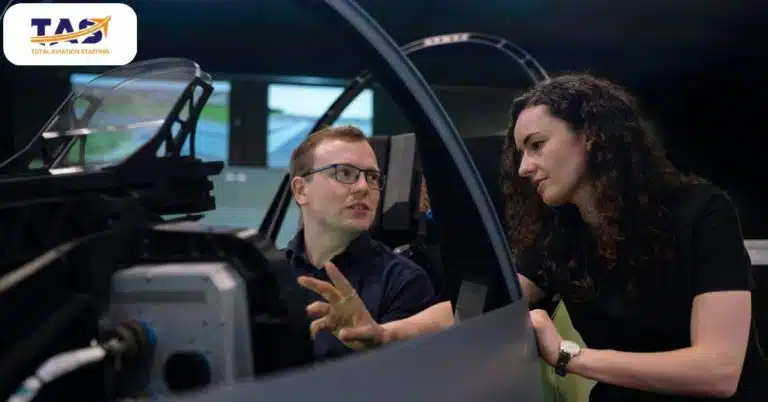
In Conclusion
Aerospace Engineering is a specialized and highly rewarding field that offers individuals the potential to make a lasting impact. With the right qualifications, skills, and traits, you can become an Aerospace Engineer and help shape the future of aviation. By staying up-to-date with developments in aerospace technologies and building strong relationships with colleagues, clients, and stakeholders, you can unlock the potential of this growing industry and enjoy a successful career in Aerospace Engineering.
